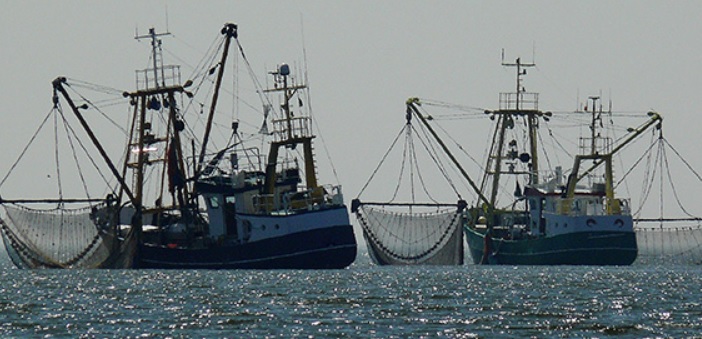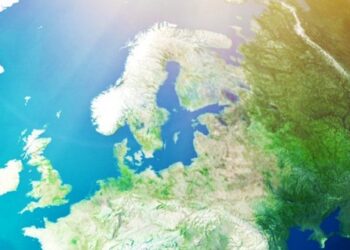Responding to scientific advice that several important Baltic fish populations cannot be fished sustainably, four non-governmental organisations have demanded a halt to fishing for overfishing in the Baltic.
Coalition Clean Baltic, Oceana, Our Fish and WWF urged the European Commission to not exceed the scientific advice provided by the International Council for the Exploration of the Sea (ICES) when setting all fishing limits in the Baltic Sea.
[smlsubform prepend=”GET THE SAFETY4SEA IN YOUR INBOX!” showname=false emailtxt=”” emailholder=”Enter your email address” showsubmit=true submittxt=”Submit” jsthanks=false thankyou=”Thank you for subscribing to our mailing list”]
Currently, the EU Common Fisheries Policy (CFP) requires that EU fish populations will be rebuilt or fished at sustainable levels by 2020. However, scientific advice published by ICES on 29 May 2019 clearly states that certain species are in a dire state, due to a deteriorating situation in the Baltic Sea.
For this reason ICES suggested that catches of eastern Baltic cod and western Baltic herring in 2020 should be zero in order to meet CFP objectives, and protect fish populations, as well as deliver sustainable fisheries in the future.
The Common Fisheries Policy mandates the exploitation of all fish stocks to be sustainable by 2020, without exceptions.
Yet, for two years in a row, the Commission has requested ICES advice for fishing limits to Baltic plaice that do not meet these requirements, which only serves to undermine its own ambition, and that of Member State governments to fish at sustainable levels. If the European Commission would like to contribute to Baltic Sea wealth and restoration they should fully respect Common Fisheries Policy requirements
the NGOs state.






























































